Today, with the marked by misinformation, polarized opinions, and increasing public skepticism, the role of editors has never been more critical.
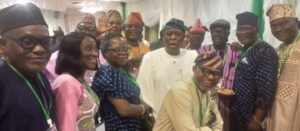
Therefore, as gatekeepers of information and shapers of public perception, editors wield the power to influence national conversation, uphold democratic governance, and strengthen societal cohesion.
For this reason, at the 21st All Nigerian Editors Conference, this responsibility was brought into sharp focus, highlighting the indispensable role of editors in shaping Nigeria’s democratic journey.
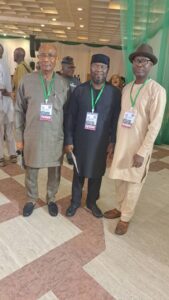
A Platform for Reflection and Professional Renewal
So,opening the conference, Eze Anaba, President of the Nigerian Guild of Editors (NGE), emphasised that the annual gathering is more than a professional convention it is a forum for national reflection, dialogue, and renewal.
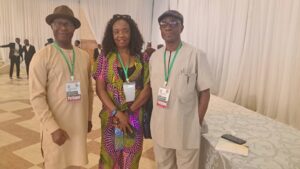
With deep sense of honour, he paid tribute to past leaders, including Malam Baba Dantiye, who initiated the first ANEC in 2004, and other veterans such as Uncle Sam Amuka, Prince Nduka Obaigbena, and Dr. John Momoh, whose vision continues to inspire contemporary journalism in Nigeria.
“The Nigerian media remains a cornerstone of democracy,” Mr. Anaba stated, “and editors are entrusted with the solemn duty of informing, educating, and guiding public opinion with integrity, balance, and patriotism.”
Defending Democracy Through Informed Journalism
Under the conference theme, “Democratic Governance and National Cohesion: The Role of Editors, Anaba underscored the vital link between editorial judgment and national trust.
Editors, he noted, are tasked not only with reporting events but with framing narratives that can either build confidence in institutions or deepen cynicism.
“Our decisions what we publish, how we frame stories, and the voices we amplify have far-reaching implications for democracy and unity.
“Democratic governance flourishes only when citizens are well-informed and when the media acts as a credible, independent watchdog.”
He highlighted the delicate balance between truth-telling and nation-building, urging editors to avoid sensationalism and click-driven narratives that inflame division.
Instead, reporting should contextualize issues, highlight solutions, and amplify shared values that foster cohesion.
Promoting Media Sustainability and Legal Protection
Beyond journalistic integrity, Mr. Anaba addressed the structural challenges facing Nigerian media houses.
He called for targeted fiscal incentives such as corporate tax relief, VAT exemptions on media inputs, tax deductions for media advertisers, and access to low-interest financing for equipment and digital transformation.
Legal protections were equally emphasized. The Guild proposed a Media Freedom and Safety Charter to safeguard journalists from arbitrary arrests and misuse of cybercrime laws, ensuring that media professionals can perform their duties without fear or undue influence.
Championing Rural Inclusion and Balanced Reporting
The NGE president also urged editors to broaden the media’s focus beyond urban centres, incorporating rural communities and conflict zones into daily reporting.
By telling the stories of underserved populations, the media can play a critical role in inclusive governance, equitable development, and national cohesion.
“Editors must rise above divisions and use their platforms to promote understanding, tolerance, and shared values.
Watch Also:MARKETING EDGE ONTV
The pen must never become an instrument of division or hate, but a tool for healing and bridge-building.”
Shaping Nigeria’s Narrative
Consequently, as the conference drew to a close, the responsibility bestowed upon editors was made unmistakably clear: they are not mere observers of events, but active shapers of national discourse.
With the power of the pen comes the duty to ensure that reporting informs without inflaming, that criticism holds governments accountable without undermining trust, and that every story contributes to a cohesive, united society.
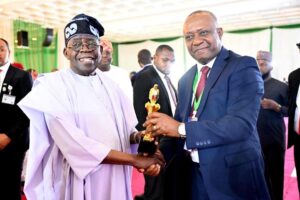

The industry thought leader reminded his colleagues that the Nigerian media is constitutionally recognized as the Fourth Estate, entrusted with upholding democratic values, defending press freedom, and fostering public understanding.
This responsibility extends beyond urban newsrooms into the rural communities and conflict zones where voices are often marginalized.
Therefore, by prioritising accurate, balanced, and context-driven reporting, editors wield influence capable of strengthening democracy, building trust, and inspiring a sense of shared national purpose.
Meanwhile, he also underscored the need for a sustainable media ecosystem, calling for fiscal incentives, legal protections, and development support that would empower journalists to pursue their mission without compromise.
At the same time, editors were challenged to rise above commercial and political pressures, embracing ethical rigor while navigating the realities of a modern, digital information landscape.
So, in his closing remarks, he called on editors to see themselves as custodians of truth and influencers of national dialogue.
In that case, every headline, every editorial choice, and every amplified voice contributes to shaping how Nigerians perceive their country, their leaders, and each other.
The message was unambiguous in the sense that media does not simply report history, instead, it helps to write it.
Through collaboration, professional integrity, and unwavering commitment to the public good, editors were urged to ensure that the narratives they shape today lay the foundation for a stronger, more cohesive, and thriving Nigeria.
ALSO WATCH MARKETING EDGE ONTV


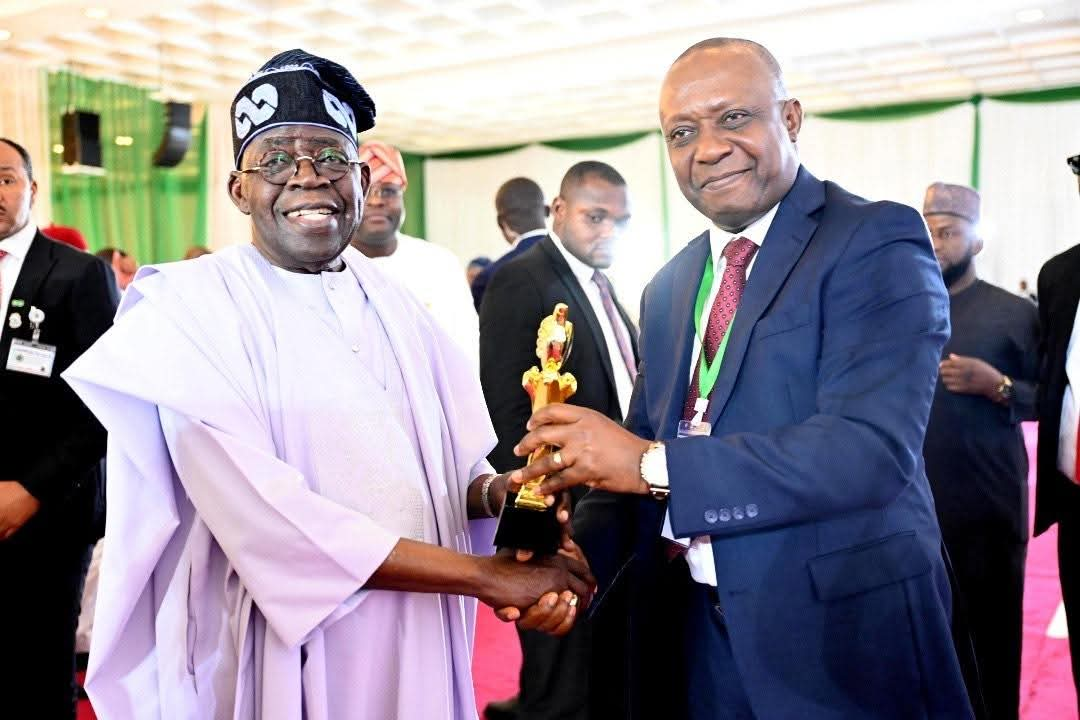

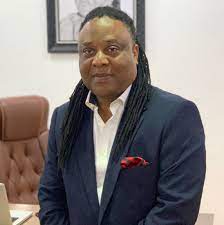
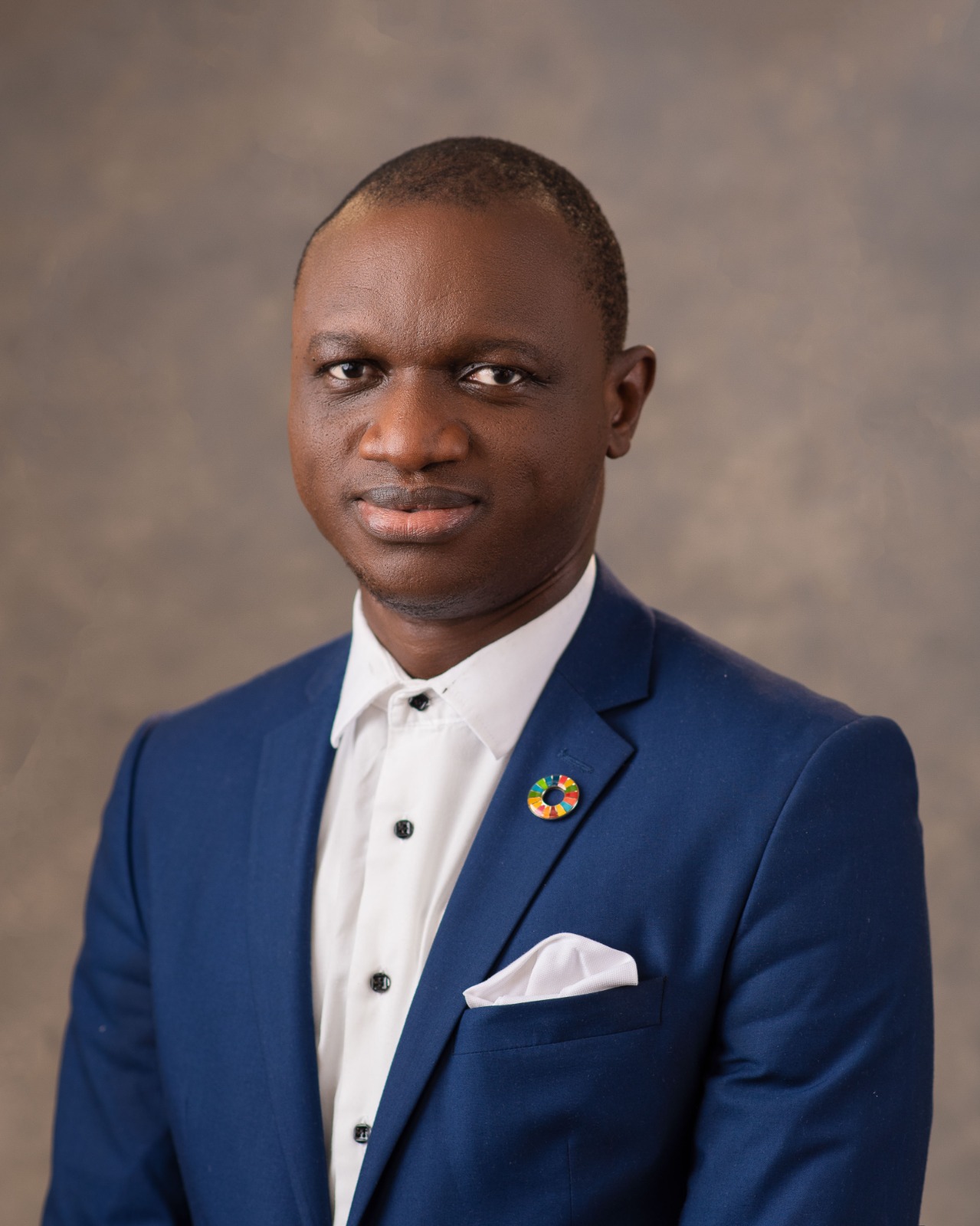
Comment
No comments found.